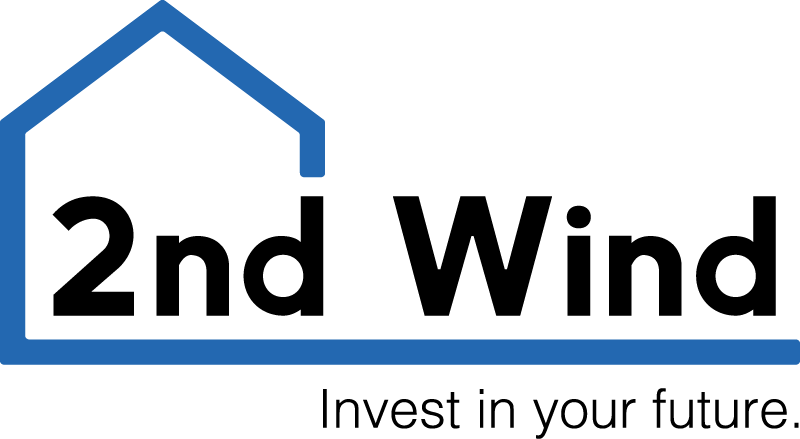In the world of real estate investing, assignable contracts are a powerful tool that allow investors—particularly wholesalers—to profit without ever owning a property. If you’re looking to get into real estate without the burdens of financing, closing, or long-term ownership, understanding how assignable contracts work can be a game-changer.
What is an Assignable Contract?
An assignable contract is a legal agreement that grants one party (the assignor) the right to transfer their contractual obligations and benefits to another party (the assignee). In real estate, this means that an investor can enter into a purchase agreement with a seller and then transfer that agreement to another buyer—typically for a fee.
This method is most commonly used in wholesaling real estate, where investors secure properties at a low price and assign the contract to another buyer at a higher price, pocketing the difference as profit.
How Does an Assignable Contract Work?
- Find a Property & Negotiate Terms
The investor identifies a motivated seller willing to sell their property below market value. A purchase agreement is drafted with an assignability clause that allows the contract to be transferred. - Secure the Contract
The investor signs a purchase agreement with the seller. The contract will include:- The agreed-upon purchase price
- The closing date
- Any contingencies
- A clause stating the contract is assignable
- Find an End Buyer
The investor markets the contract to other real estate buyers (such as fix-and-flip investors or landlords) who are interested in purchasing the property at a higher price. - Assign the Contract
Once a buyer is found, the investor signs an Assignment of Contract agreement, officially transferring the contract to the new buyer. The buyer then takes over the purchase agreement with the seller. - Collect the Assignment Fee
The investor earns an assignment fee, which is the difference between the original contract price and the price at which they assigned it. For example:- Original contract price: $100,000
- End buyer’s purchase price: $110,000
- Assignment fee: $10,000 profit
- Closing Takes Place
The end buyer proceeds with closing, paying the seller and fulfilling the terms of the original contract.
Benefits of Assignable Contracts
✔ Low Risk, High Reward – Investors don’t need to use their own money to purchase properties.
✔ No Need for Financing – No mortgage or funding is required from the wholesaler.
✔ Quick Turnaround – Contracts can be assigned within weeks, making it a fast way to earn profit.
✔ Scalability – Investors can repeat this process multiple times, growing their business rapidly.
Potential Challenges and Risks
⚠ Legal Restrictions – Some states and contracts may have anti-assignment clauses prohibiting contract transfers. Always check local real estate laws.
⚠ Finding Buyers – If you can’t assign the contract before closing, you may need to buy the property yourself or back out (which could damage your reputation).
⚠ Seller Concerns – Some sellers may be hesitant about working with wholesalers, so transparency and professionalism are crucial.
Is an Assignable Contract Right for You?
Assignable contracts are a great option for wholesalers, beginner investors, and those looking to get into real estate with minimal capital. However, understanding the legalities and having a strong network of buyers is key to success.
If you’re interested in wholesaling real estate using assignable contracts, start by learning your local laws, building relationships with motivated sellers, and networking with active real estate buyers.
Want to learn more about real estate investing strategies? Connect with experienced professionals at 2nd Wind Properties to get started today! 🚀

